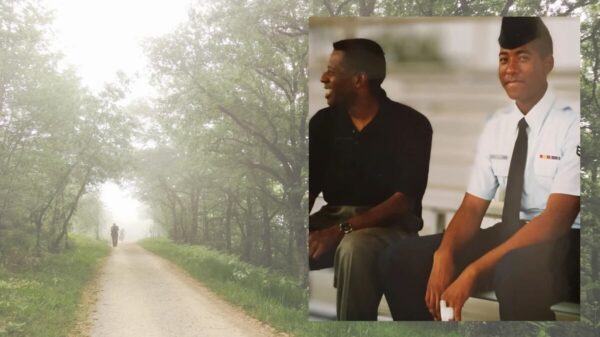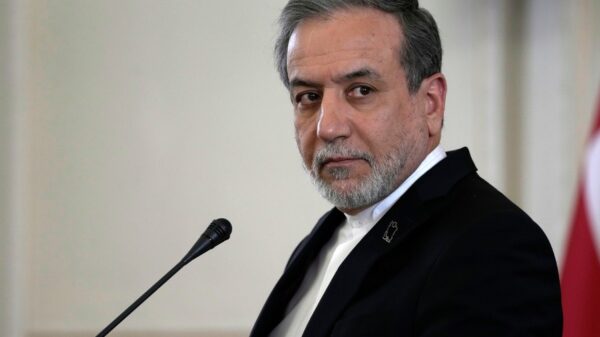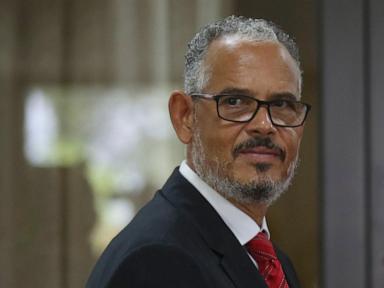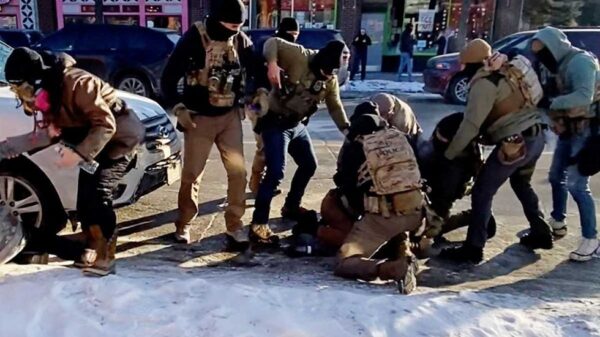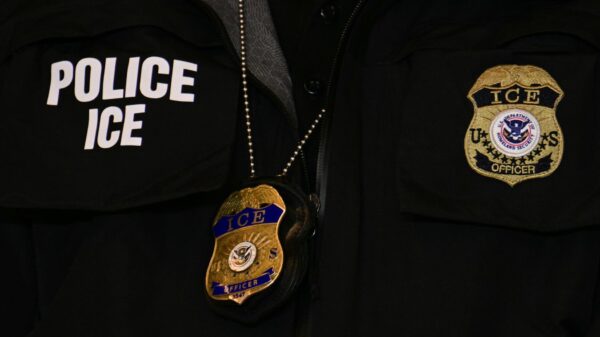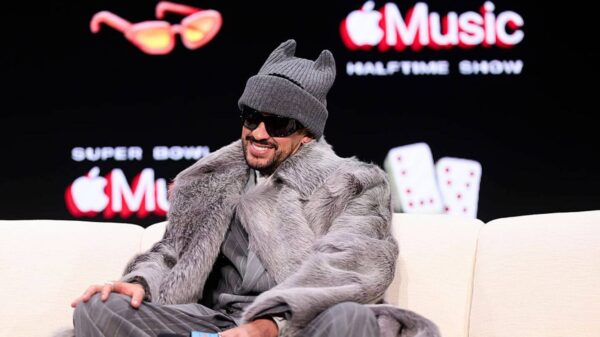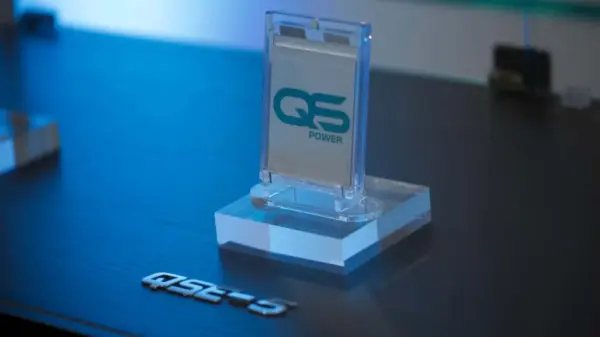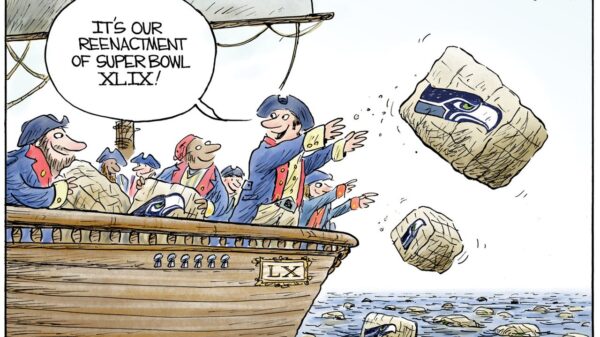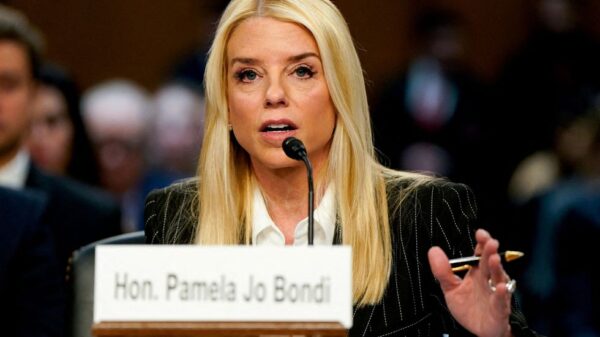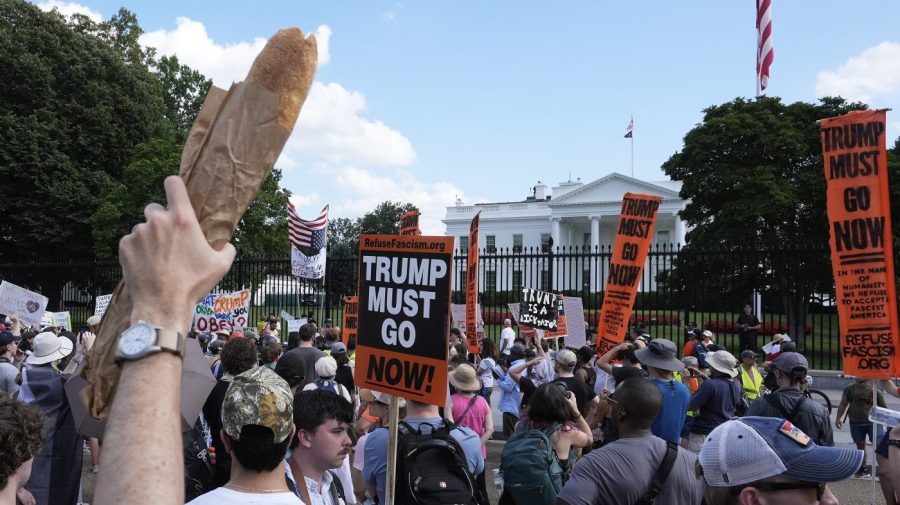UPDATE: Federal prosecutors have just failed to secure a felony indictment against Sean Charles Dunn, a former employee of the Justice Department, who was accused of throwing a Subway sandwich at a federal law enforcement official in Washington D.C.. This incident occurred amid heightened tensions during President Trump’s controversial police takeover.
The decision was made public this week, following a hearing that drew significant media attention. Dunn, aged 37, was initially charged with a felony in mid-August 2023. The prosecution’s inability to secure an indictment raises questions about the legal framework surrounding such offenses and the implications for law enforcement interactions.
WHY THIS MATTERS: The failure to indict could set a precedent for similar cases, highlighting the challenges prosecutors face in pursuing charges related to confrontations with law enforcement. This incident not only reflects tensions in American society but also underscores the complexities of prosecuting non-violent offenses against officials.
According to reports from multiple news outlets, the confrontation took place during a period of heightened unrest and scrutiny of law enforcement practices. Witnesses reported that Dunn threw the sandwich at an officer, an act that has since sparked widespread debate about appropriate responses to perceived injustices.
WHAT’S NEXT: Legal experts are closely monitoring this case, as it could influence future interactions between the public and law enforcement. Additionally, advocates for police reform are using this moment to call for clearer guidelines on what constitutes criminal behavior in similar contexts.
As the legal community processes this development, the implications for public trust in law enforcement and the judicial system remain uncertain. Authorities have urged the public to remain calm and respectful towards law enforcement members, emphasizing the importance of constructive dialogue in addressing grievances.
Stay tuned for more updates as this story develops, and share your thoughts on the implications of this case on social media.






